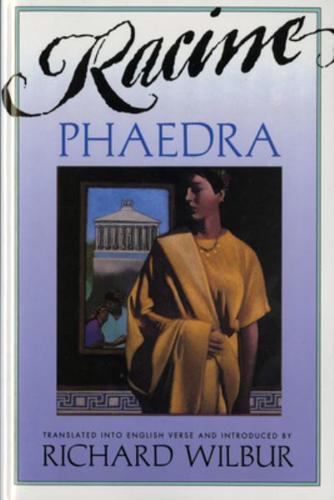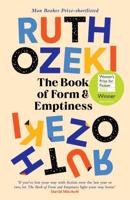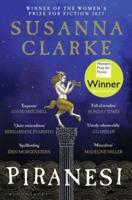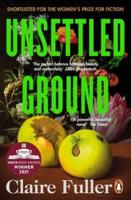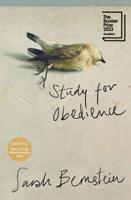Publisher's Synopsis
A brilliant translation of one of the most influential works of French theater, Phaedra is rendered into movingly expressive verse by the Pulitzer Prize-winning translator Richard Wilbur.Jean Racine's last and greatest tragedy is based on a legend that has intrigued dramatists as far back as Euripides and Seneca. Phaedra, the second wife of Theseus, the heroic king of Athens, is consumed with an illicit passion for Hippolytus, her stepson. Given word that her husband is dead, she confesses her love for Hippolytus and is rebuffed. When Theseus turns out to be alive after all, Phaedra connives in a lie to convince her husband that it was Hippolytus who attempted to seduce her. The stage is set for fury and grief, guilt and remorse.In his seventeenth-century interpretation, Racine replaced the ornate, stylized tragedy based on classic Greek form with human-scale characters and actions convincingly motivated by human emotions. Acclaimed translator Richard Wilbur describes in his lucid, informed introduction the method by which he remained faithful to Racine's form and intention. The result is a triumph of translation, poetry, and theater.
